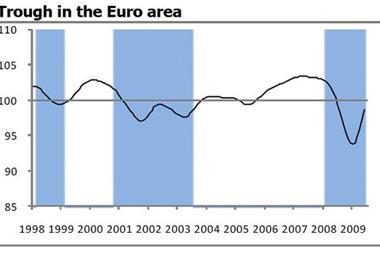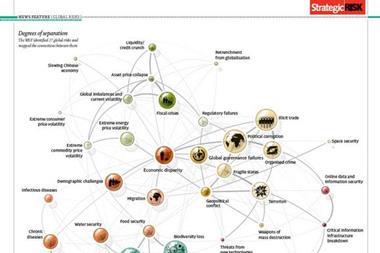Nearly $100bn is set aside for the developing world
The International Monetary Fund (IMF) is planning to inject $250bn into the global economy to bolster countries’ reserves as part of measures to combat the world economic crisis.
The IMF’s executive board agreed to allow countries to draw on the funds in an effort to provide liquidity to the global economic system. The proposal will now be submitted to the IMF’s board of governors for final approval.
Allocations will be made to IMF members in proportion to their relative size in the global economy. Under the plan, nearly $100bn of the reserves are to be set aside for emerging markets and developing countries, of which low-income countries will receive over $18bn.
The IMF explained in a statement: ‘Some members may choose to sell part or all of their allocation to other members in exchange for hard currency—for example, to meet balance of payments needs—while other members may choose to buy more as a means of reallocating their reserves.’
The new funds follow an agreement at the G20 summit in London to establish a $1.1 trillion economic aid plan, in which Gordon Brown played an instrumental role. The IMF is also in the process of raising $750bn of new resources to underpin its lending activities. The IMF has signed new borrowing arrangements with Japan, Canada, and Norway.
“The allocation is a prime example of a cooperative monetary response to the global financial crisis.
IMF Managing Director Dominique Strauss-Kahn
If approved by the Board of Governors in a vote on August 7, the money will be made available on August 28.
IMF Managing Director Dominique Strauss-Kahn said: ‘The allocation is a prime example of a cooperative monetary response to the global financial crisis.’
Recent data suggests that the rate of decline in economic activity is moderating, although to varying degrees among regions. But the recovery is still expected to be slow, as financial systems remain impaired.
Economic growth during 2009–10 is now projected to be about 0.5 percentage points higher than projected in the IMF’s April 2009 world economic outlook, reaching 2.5 percent in 2010.

















